Ahead of the Presidential election:
Hollande’s successor will be decided in the end-of April-early May vote (first round and runoff). Three prevailing stands emerge: to ditch the “common home”, by ascribing all political problems to Europe; to support integration but failing to include the EU among the programmatic priorities, and to consider Community Europe indispensable for the good of the French people

In France’s presidential election campaign Europe occupies a primary role. The candidates’ positions are clearly divided into three main stands deserving in-depth analysis. The first position is staunchly anti-European, intending to ditch the EU and put an end to all of Europe’s achievements since 1950, from the Schuman Declaration of May 9 that same year to the Treaty of Rome signed in 1957.
According to anti-EU proponents, a unique political experience in the history of humanity must come to an end,
while the nations that battled each other for centuries decided to lay the grounds of reconciliation, friendship, and build a common future. They want to go back to the time of bygone nationalisms and hatred between peoples. This political line is supported by candidates from extremist parties on both sides of the political spectrum. For example, it’s the radical position of Marine Le Pen. In fact, for the extreme-right candidate, Europe is responsible for all of France’s ills. Her solution is to pull out from the EU and the common currency and return to the French Franc, thereby blowing up the European Union. The tones of the other “extremist” candidate, Jean-Luc Mélenchon, who claims to be equally an heir of Lenin and Robespierre, are slightly subtler. He calls for a “democratic, social and ecological re-foundation” of the EU; in a Germanophobic speech he also rode widespread fears, along with the idea that Europe is the cause of difficulties that only a part of the population is aware of. His plan is to obstruct European institutions’ performance, and if his so-called “re-foundation” plans, which he intends to impose “democratically”, were rejected, he suggests that France exit the E.U. Hence, extremists back each other. An undefined form of pro-Europeanism is advocated by Socialist candidate Benoît Hamon, and by neo-Gaullist candidate François Fillon. In fact they don’t argue in favour of leaving the EU and announced their intention to improve European institutions’ performance.
In reality their political programme is rather undefined, whereby the former proclaims his intention to force Europe to adopt an economic policy of recovery and restructuring of the French debt, while the latter advocates an extreme form of liberalism.
Both candidates are incompatible with European balances and they don’t conceal their lack of confidence in Germany, making it clear that the project of a united Europe is not among their priorities. Moreover, while they are not openly hostile to Europe, their claims are ambiguous, to say the least. In this rather worrying passage for the European future of France and of Europe as a whole, there emerges a candidate with a Social-Democrat background that is drawing support away from mainstream parties: Emmanuel Macron.
He does not hesitate to encourage the crowd to welcome him with the cry: “Europe! Europe!.” Indeed, Europe is at the centre of his political agenda
in terms of defence, taxation, education, the single market, agriculture, energy. He seeks to relaunch the European project to give it new meaning and mobilize the peoples. The fact that his political programme is endorsed by two great European militants from different political camps such as Democratic politician François Bayrou and the French-German Green Party politician Daniel Cohn-Bendit, reconfirms his position along the line of the major builders of Europe, starting from Schuman, Adenauer and De Gasperi. His election as president of the French Republic would unquestionably send a powerful message in favour of a stronger Europe. It would constitute a great success against all forms of right-winged and left-winged populisms, determined to tear down sixty years of European history. Europe has become a very important issue in French political debate. The candidates’ programmes are extremely clear, enabling French voters to decide in full conscience whether to embark in an adventure, to proceed along the line of mediocrity and delusion, or if they want renewed thrust to relive the “dream” of the founders.